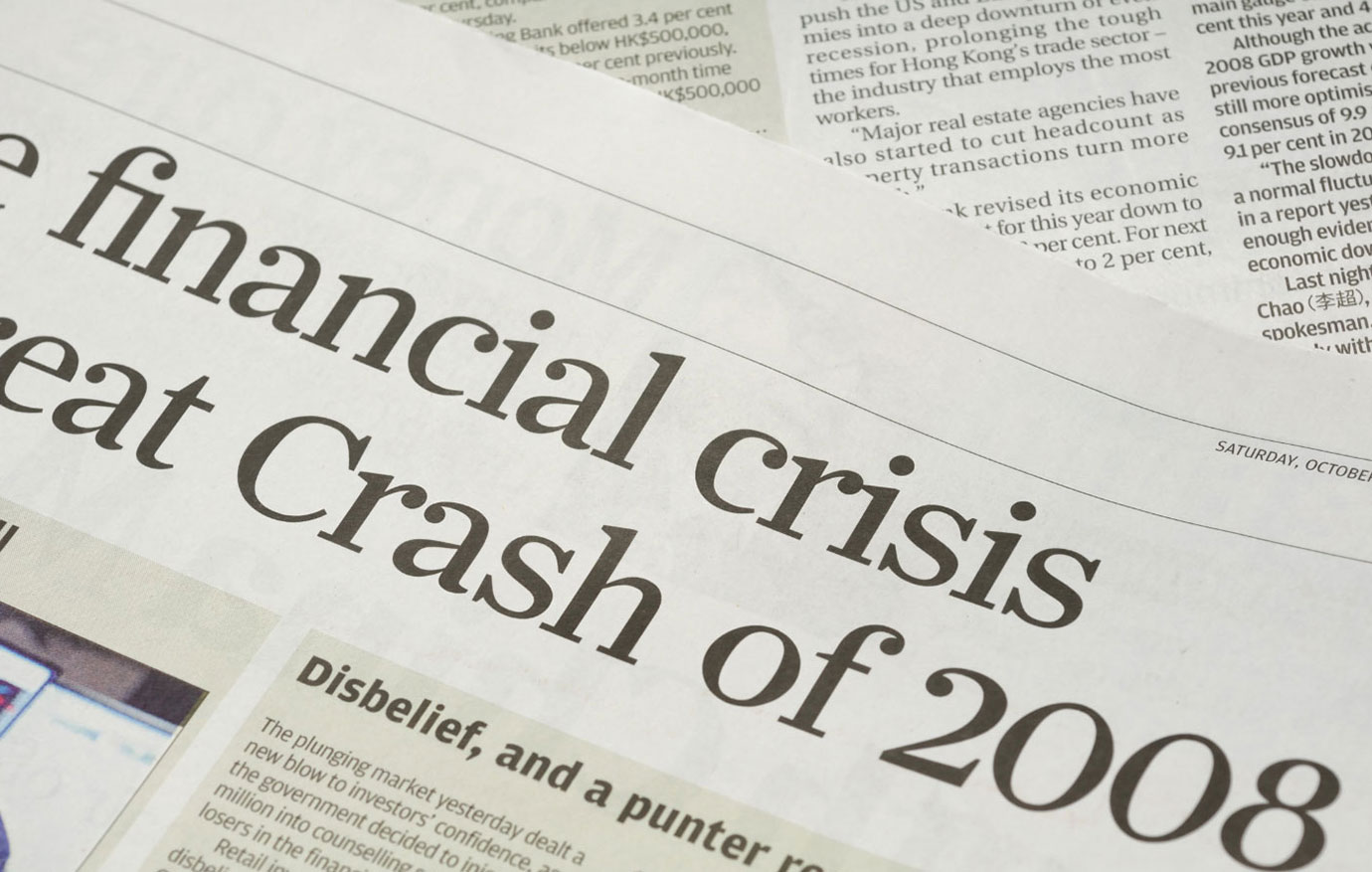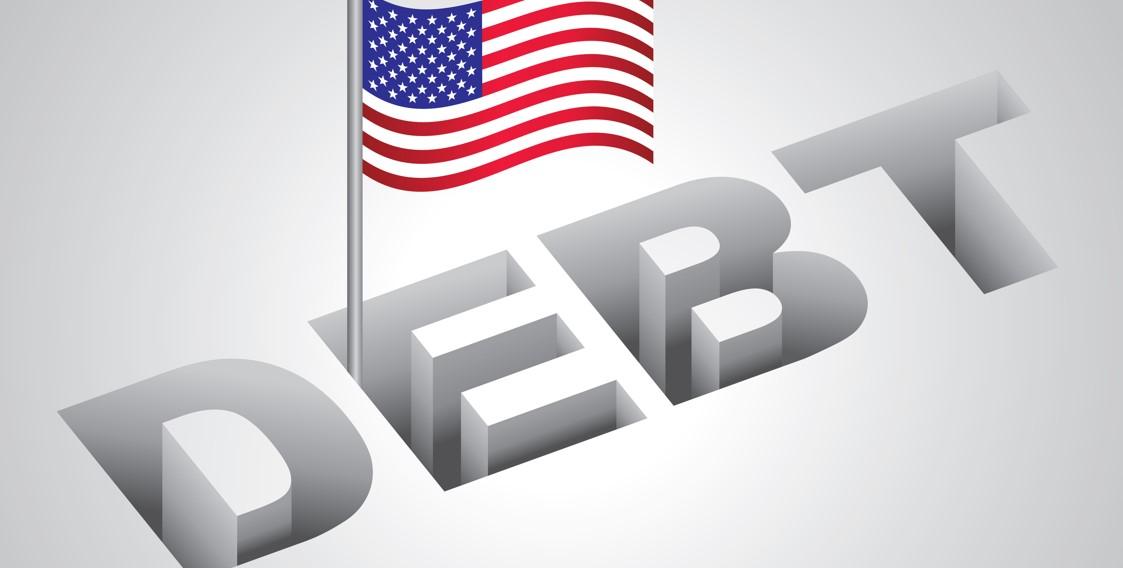Secession: Should the American Revolutionaries Have Quit to Appease the Loyalists?
When advocates of secession in the United States bring up “national divorce,” a common objection we hear is that secession can’t be allowed because it would make some people worse off. For example, we’re told that if, say, a majority
The Price-Gouging State
Politicians and the media are blaming businesses for inflation when, in fact, the skyrocketing prices of nearly everything have a government stamp on them. Original Article: "The Price-Gouging State" This Audio Mises Wire is generously sponsored by Christopher Condon.
A Student Loan Fable
A student goes into a bank. He tells the personal loan banker, “I want to borrow $7,500 per year for the next four or five years.” “That’s at least $30,000 over time,” the banker says. “Personal loans have a 10 percent
Lipton Matthews: A 5-Way Global Perspective on Innovation and Entrepreneurship in the USA
Entrepreneurship and innovation are the keys to economic growth and higher standards of living. The USA has long enjoyed leadership status on these dimensions — people see the USA as the land of entrepreneurs and the source of new ideas
Yes, the US Government Has Defaulted Before
While the 1979 default was relatively small, the 1934 default affected millions of Americans who had bought Liberty Bonds mistakenly thinking the government would make good on its promises. Original Article: "Yes, the US Government Has Defaulted Before" This Audio Mises Wire is
Forget the Liquidity Trap—Loose Monetary Policies Cause Recessions
Advocates of Keynesian economics believe the Federal Reserve should pursue policies that will prevent the possible decline of the economy into a liquidity trap. But what is a liquidity trap? Economic activity often is presented in terms of a circular flow
Lifting the Debt Ceiling Is Not a Social Policy
Every time the United States reaches its debt limit, we read that it is important to reach an agreement to lift it. The narrative is that the debt ceiling must be raised, or the US economy will suffer a severe contraction.
Does Government Create a “Level Playing Field” or Does It Make the Field More Uneven?
Anticapitalist politicians claim intervention can "level the playing field," but when we look closely, we realize that government itself creates the imbalances. Original Article: "Does Government Create a "Level Playing Field" or Does It Make the Field More Uneven?" This Audio Mises Wire
Bipartisan Comprehensive Excuses for Extortion and Evasion
After the recent midterm election, when it became apparent that Americans would have a divided new Congress, it wasn’t long before the word bipartisan started showing up as an adjective to modify a whole host of legislative proposals and discussions.
How Markets Are Better than Government Regulators at Fighting Corporate Corruption
Can private markets only be regulated by government? Hindenburg Research's successes against corporate corruption suggest otherwise. Original Article: "How Markets Are Better than Government Regulators at Fighting Corporate Corruption" This Audio Mises Wire is generously sponsored by Christopher Condon.










